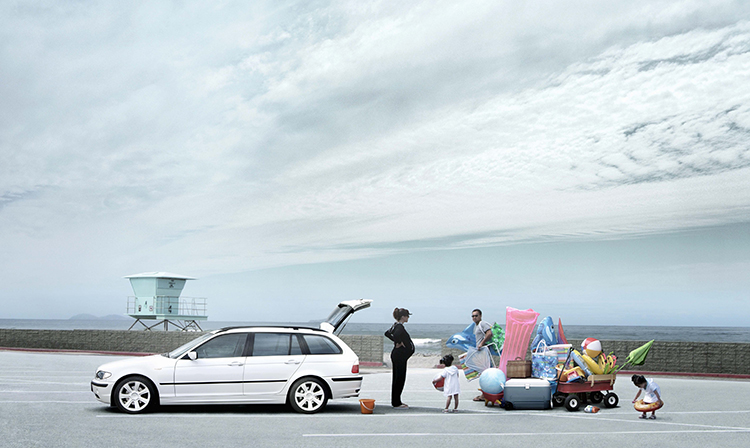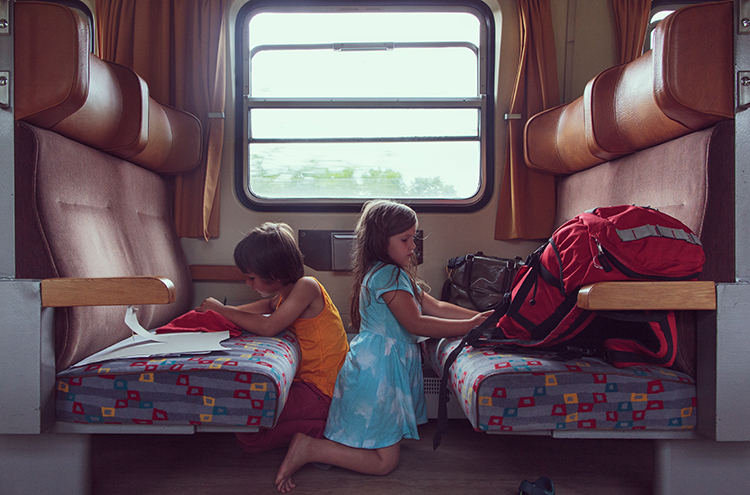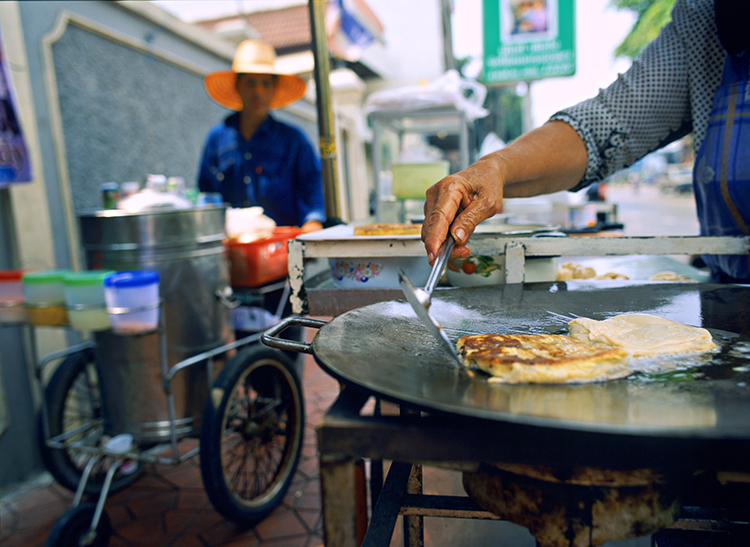You can avoid a lot, if not all, nasty surprises with a little research and preparation before leaving home, adopting a few good habits when you’re on the move, and knowing how to handle the most common problems you’re likely to encounter.
Read on for some quick tips on staying healthy, wherever your wanderlust leads you and the kids.

Research your destination
Research your destination to find out if you require additional vaccinations and double check you are up to date with routine ones. The Centers for Disease Control and Prevention (CDC) has a comprehensive list of destinations (cdc.gov) outlining which vaccines you need. If you are travelling off the beaten track, you may wish to consult a travel health specialist. Don’t leave this to last minute as certain drugs – eg antimalarials – may need to be started at least two weeks prior to travel.
Sort out insurance
Even if you own health insurance, it may not cover overseas travel. It’s worth buying decent travel insurance which includes healthcare coverage. Trust me, a two-night stay in a Thai hospital adds up! Read Lonely Planet’s guide on how to choose the right travel insurance for more detailed advice.
Pack a medical kit
Don’t cobble together a last-minute medical kit filled with out of date medicine. Netdoctor has an exhaustive list of what to pack including oral rehydration salts, spare antibiotics and antihistamine (netdoctor.co.uk). If your kids are partial to a particular flavour of medicine then make sure you pack enough of it (she says, having spent hours trying to find strawberry-flavoured Panadol in the Philippines). Your medical kit should also include basic first aid items like plasters, scissors and antiseptic wipes.
Make a note of important information
Pack a file containing all your family’s medical information from blood types and immunisation records to allergies and details of any medication they regularly use. If you are travelling with glasses/contact lense wearers, have the optician write down the prescription for you.

Whether it’s a plane, train or boat, if it’s filled with people, it’s teeming with germs. Whilst you may look slightly neurotic, get in the habit of wiping down surfaces (tray table, toilet seat) with an antibacterial wipe. Every parent should carry a bottle of hand sanitizer to slather on kids after a trip to the toilet and before any meal.
Carry spare plastic bags and wet wipes in case a member of your party feels sick. If you're in a cramped compartment, travelling long distance, get the kids to stand up and move around. Keep everyone hydrated with water and aim for regular toilet breaks, however unpleasant the conditions may be.
Pack plenty of healthy snacks and bottled water to dole out at all points of the journey. My go-to snacks are dried fruit, nuts, cereal bars, rice cakes and crackers. If you are travelling by train in a developing country, try not to be too seduced by the food vendors who climb aboard at each stop. Whilst it’s fun to try new foods, hygiene-wise it’s always best to eat food that has been prepared in front of your eyes. Have in the back of your mind this mantra from the World Health Organisation: ‘Boil it, peel it, cook it or forget it!’
If your itinerary includes a boat trip, keep your eyes peeled for signs of seasickness. If you know a member of the family is susceptible, have them take an anti-nausea pill. Motion sickness is worse on an empty stomach so eat a light meal beforehand.
When climbing aboard and disembarking a train, keep hold of little hands and make sure they don't lose their footing. It's also wise not to let kids copy the locals by hanging out of a window or doorway!
